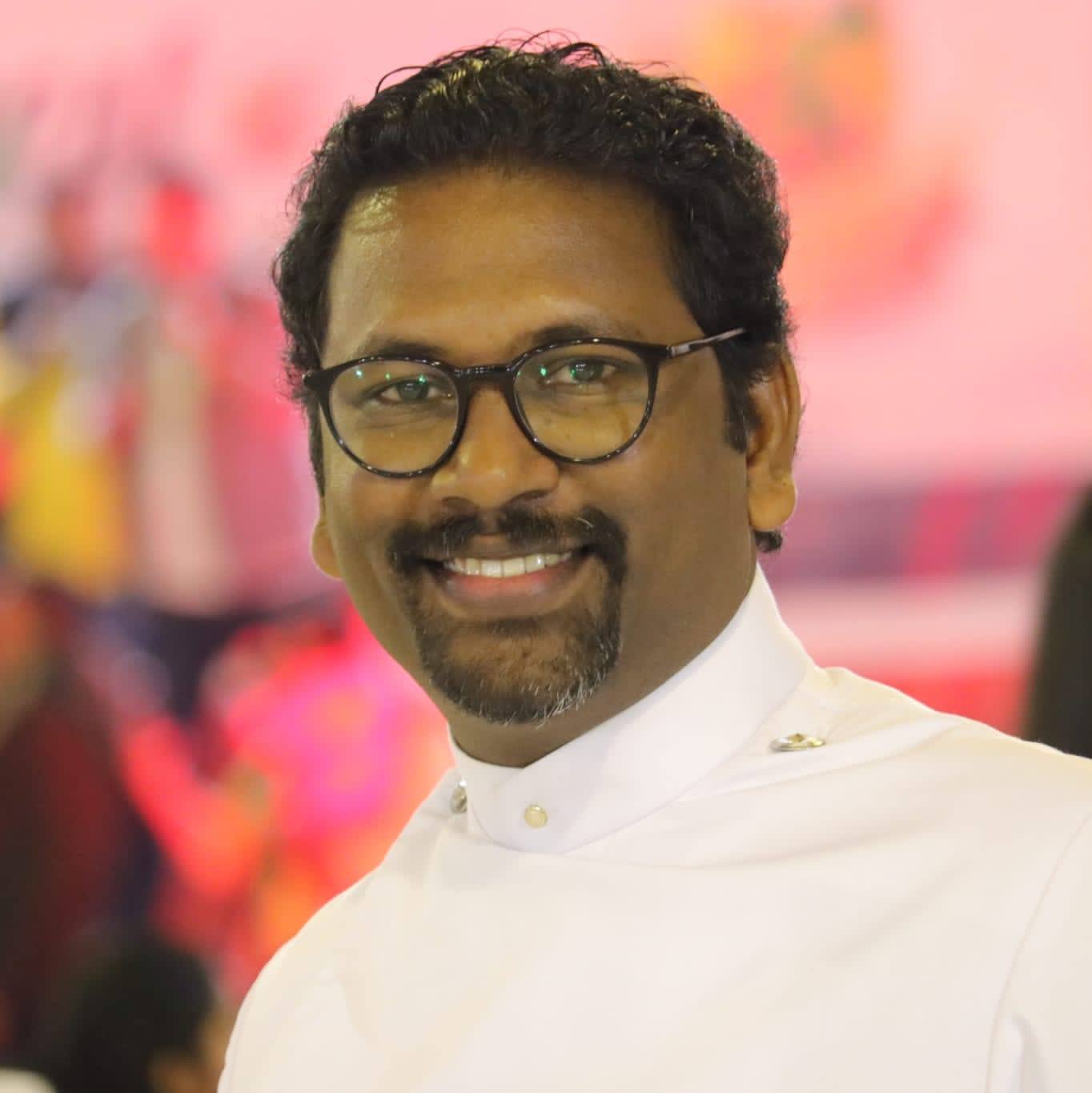Beloved in Christ,
Greetings to you all in the name of our Lord Jesus Christ.
We celebrate the “St. James day’” in the month of July. This celebration is related to a historical event and also related to church history. The state of Kerala clothed with the nature’s finery, protected by the rocky mountains in the east and washed by the waves of the Arabian sea in the west has been blessed with Christianity from the first century itself. St. Thomas had links with Christian centers in west Asia. The wind of the reformation which rocked Europe during the 16th century swept in India as well with the coming of the missionaries of the Church Missionary Society, The London Missionary society and the Basal Mission.
The Church Missionary Society (CMS) was a society organized by some evangelicals of the Church of England on 12th April 1799 to help the propagation of the Gospel in Africa and in the East. After a few years the title “The Church Missionary Society” was formally adopted.
The origin of the work of the CMS in Travancore can be traced to Rev. Kerr and Rev. Claudius Buchanan, who paid visits to the Malabar Syrians in 1806, during the episcopate of Mar Dionysius 1.
The CMS Mission of help to the Jacobite Syrians of Kerala was begun in the year 1816, for which the initiative came from Col. Munro, the British Resident of Travancore. There were two main purpose behind the mission of help to the Syrians. First of all it was to effect the renovation of their Church and to raise them from their degradation. Secondly the British Resident as well as the missionaries expected that a strong and friendly Christian Community will be a support for the British power in Malabar. Rev. Thomas Norton was the first missionary came to Travancore in this connection. He was soon followed by Benjamin Baily (1816), Joseph Fenn (1818) and Henry Baker (1819) who are popularly known as Kottayam Trio. These three of them concentrated their work among the Syrians, where as the pioneer missionary Rev. Norton focused his work among the outcastes in Alleppey.
On 16th January 1836 the Jacobite Syrian Community under Mar Dionysius IV, the then Malankara Metropolitan, decided to break all their relationship with the Church of England. With this we see an early death of the twenty year old CMS mission of help to the Syrian Church of Travancore. Due to the impact of the work of the CMS among the Syrian Christians, soon after the separation with them, several Syrian Christians who were attached towards the reformation, joined the Anglican Church. Even in certain cases the whole Syrian Parishes joined with the missionaries. Therefore the missionaries began to serve them as parish priests too.
Even before the formal separation with the Syrian Christians, the CMS Missionaries had started work among the non-Christians at various places. After 1836, as per CMS records, we find references to the “Kottayam Village Mission” with Bailey in charge of it and “Kottayam District Mission “ under Baker, with his headquarters at Pallom, five miles to the south. They also continued educational work and built another college at Kottayam, the CMS College in 1838. The new college made its real start in 1840 when Rev. John Chapman took charge of it. In 1869, ”The Travancore Native Church Council” was formed and Henry Baker was selected as the first Chairman and Rev. R.H. Maddox as Secretary and Treasurer. In 1872 a second Church Council was organized, and the two councils,, one for North Travancore, meeting at Kottayam and the other for South Travancore meeting at Mavelikara, were linked by a Provincial Council.
Early in 1876, the society began negotiation with the Secretary of State for India so that a new see might be formed under the Jerusalem Bishopric Act for the Church of England in the native states of Travancore and Cochin. And toward the end of the year a public announcement was made that Rev. J.M. Speechly would be the first Bishop of the new Diocese. So, Rv. J.M. Speechly (1879 – 1888) was consecrated as the first Bishop for the newly formed Anglican Diocese of Travancore and Cochin on St. James Day on 25th July 1879 in St. Paul’s Cathedral London. So we celebrate this day as our Diocesan Day.
May God bless you all
Yours in Christ,
Rev. C. C. Sabu

